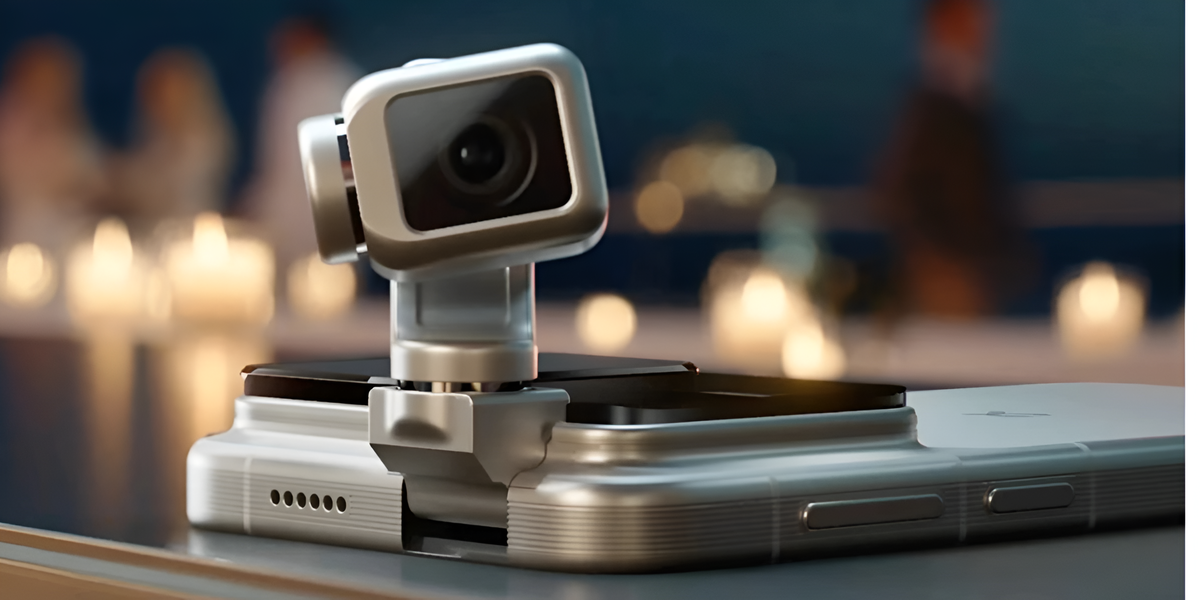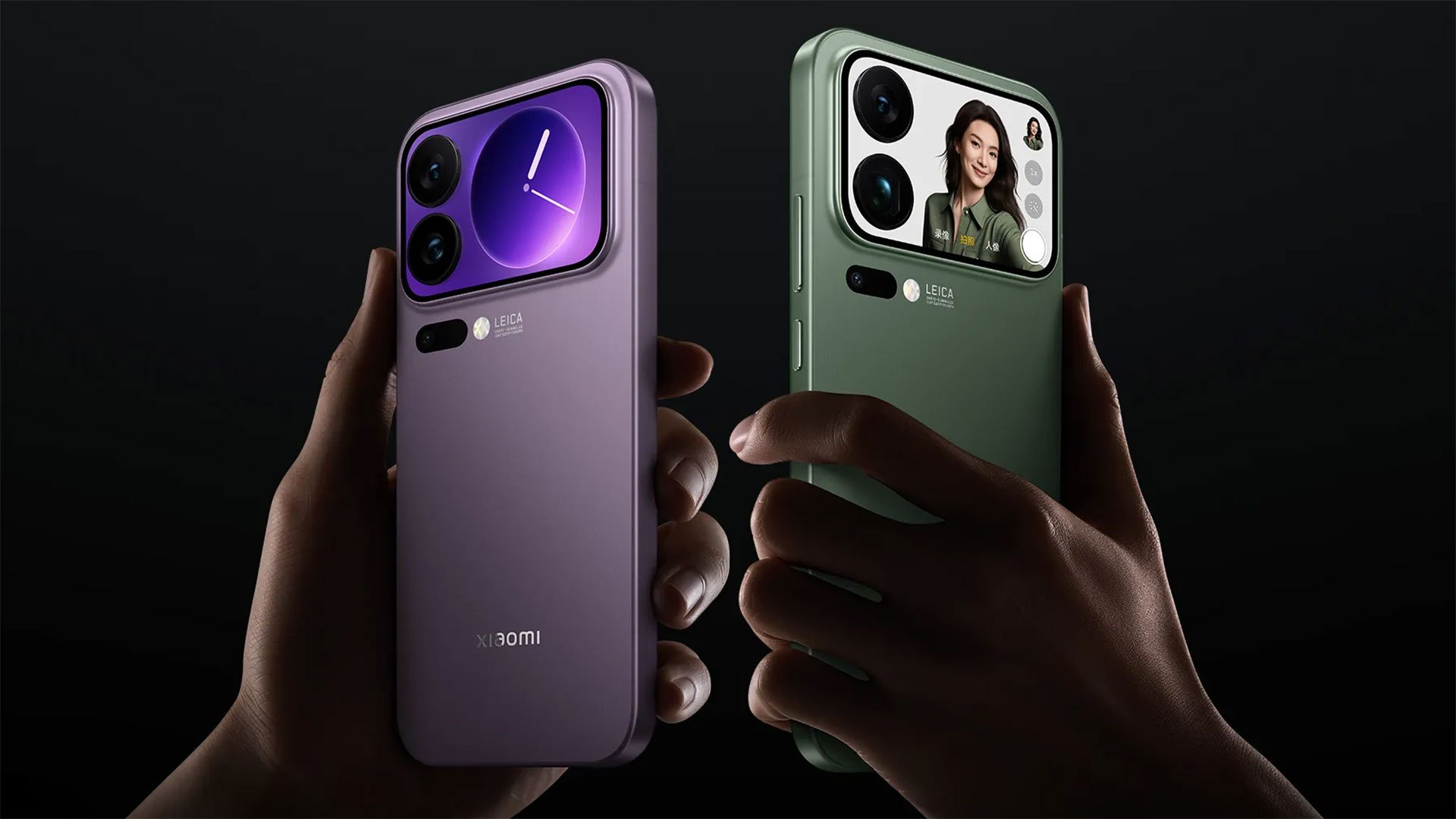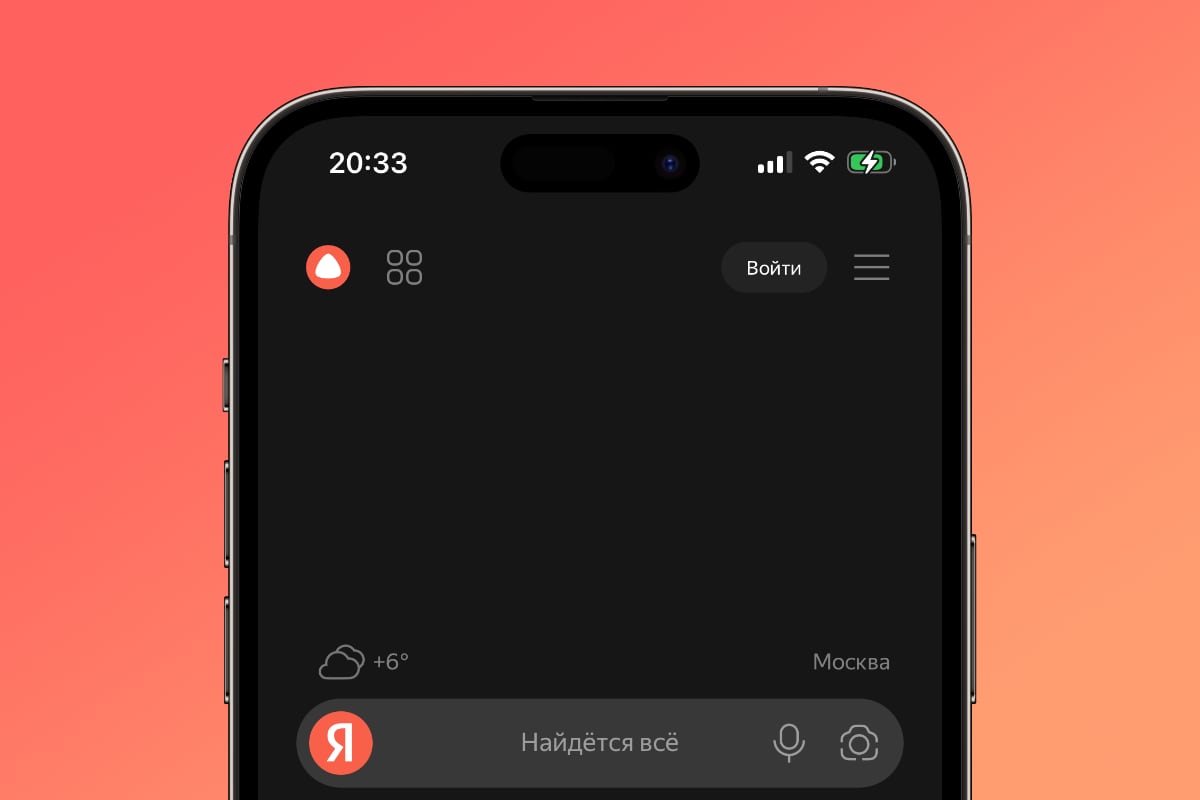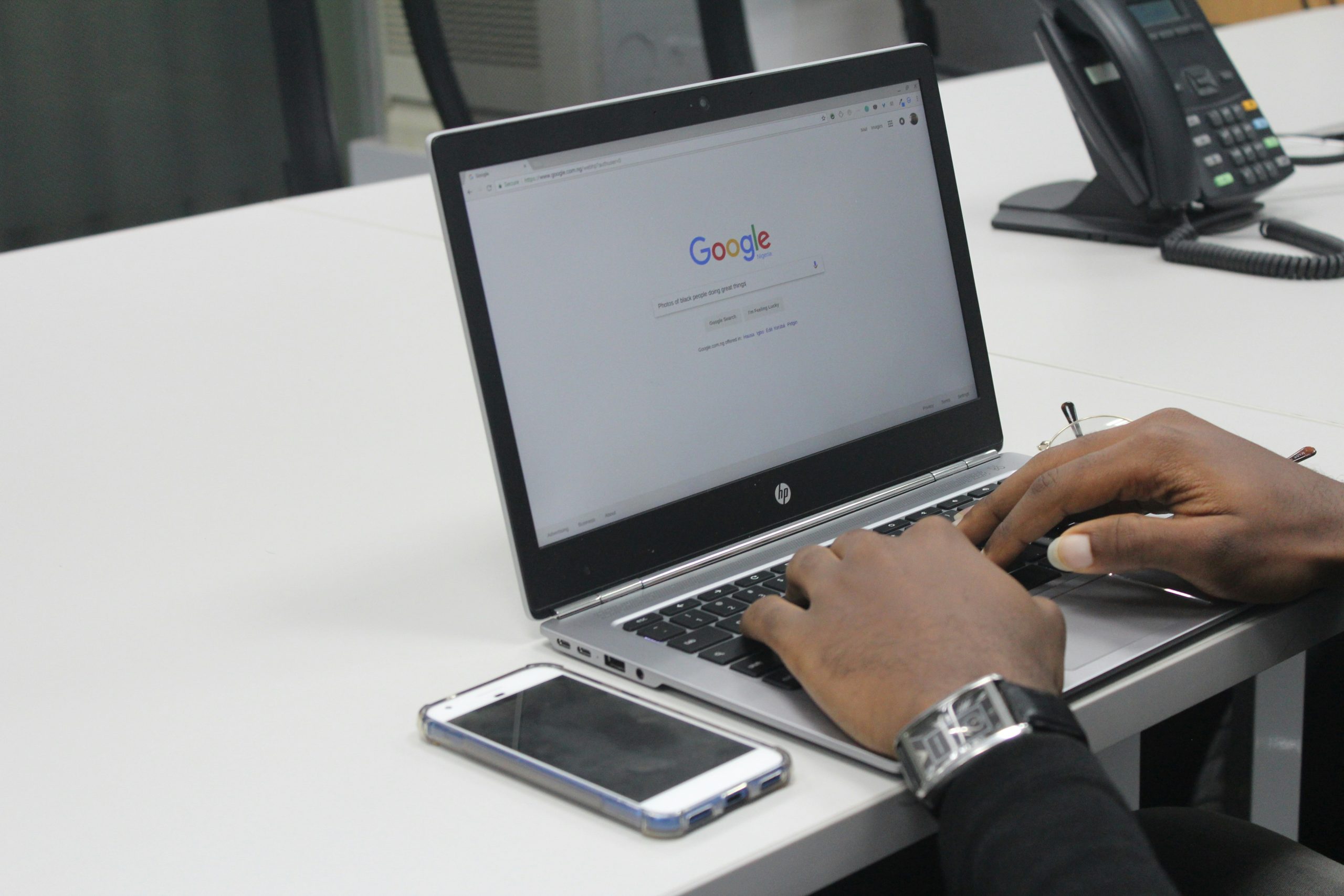It turns out that this type of radiation can accelerate cellular aging. This reduces life expectancy. The scientists used Drosophila melanogaster flies as test subjects.
The experiment was set up as follows: mutant insects without eyes were chronically exposed to blue light for 10-14 days. The results were then compared with those kept in the dark.
As a result, it turned out that blue light has an effect that leads to premature aging. Also, this happens at the cellular level – you don’t need to look at the light at all.
True, the scientists noted that the experiment used more intense light than smartphones emit. And this means that cellular damage in humans may not be so obvious.
Source: Ferra












